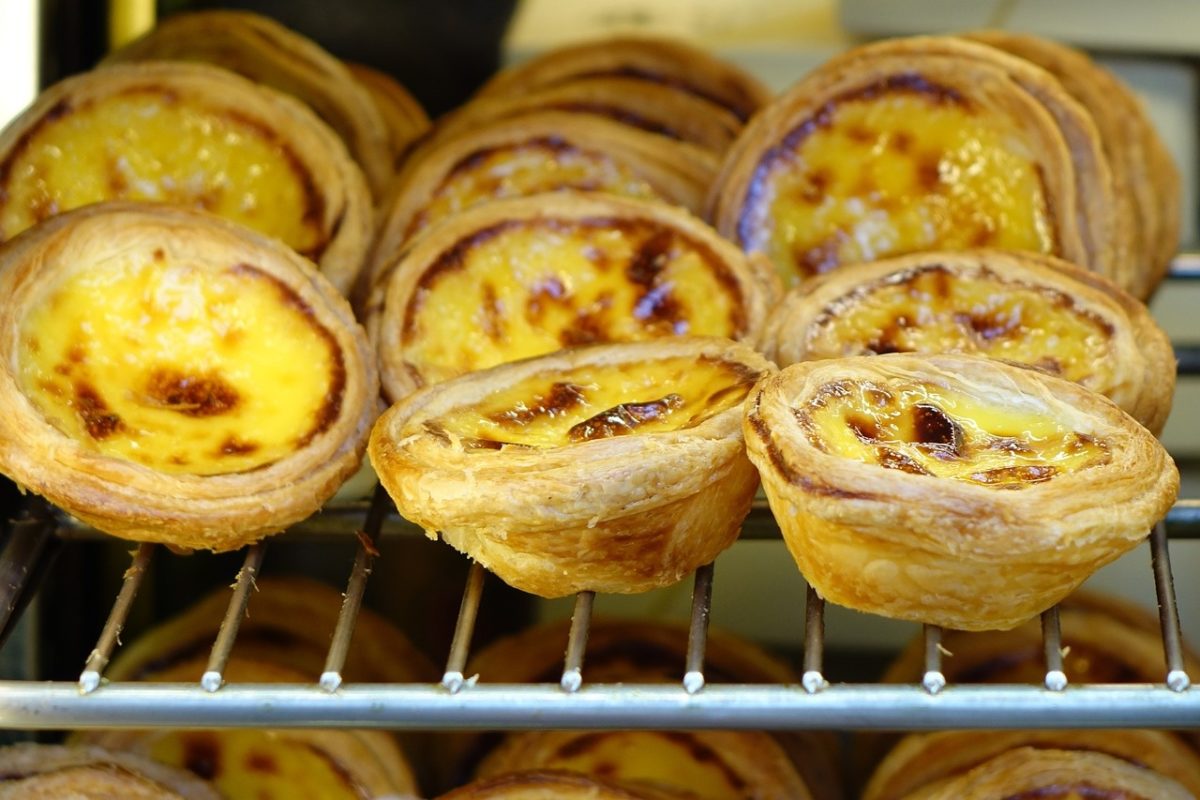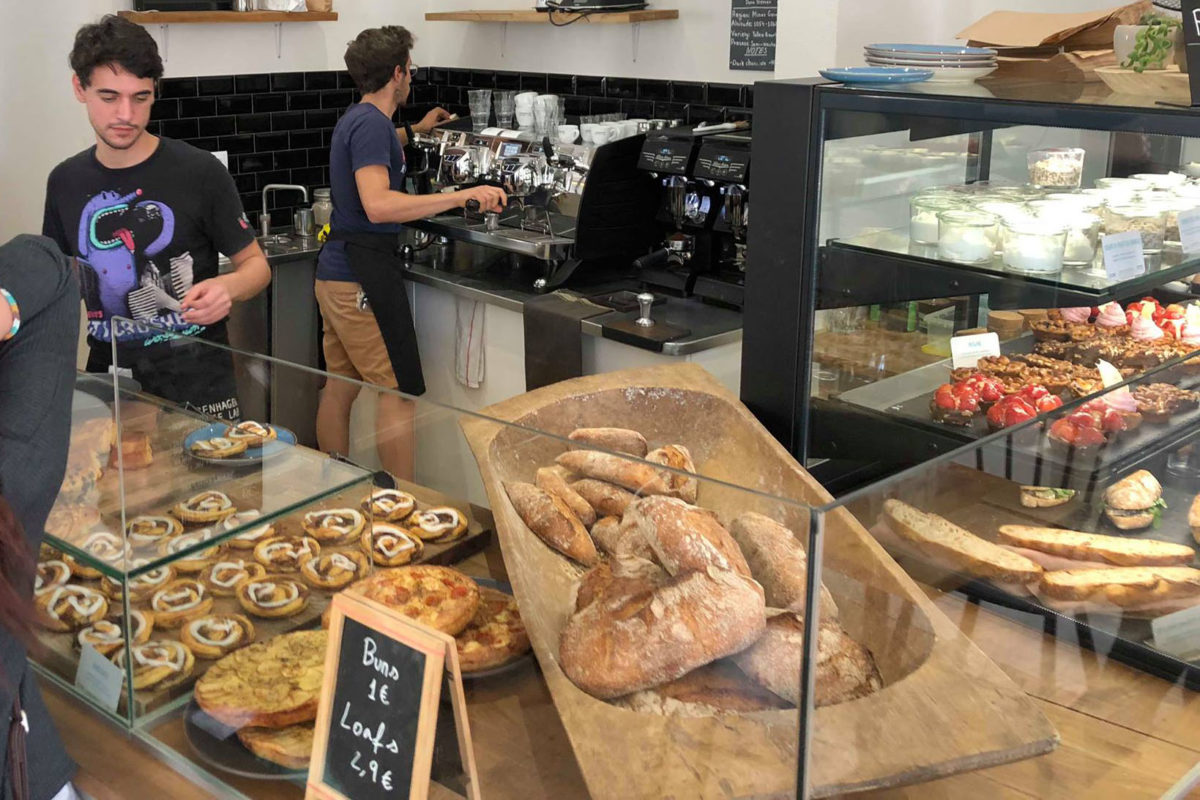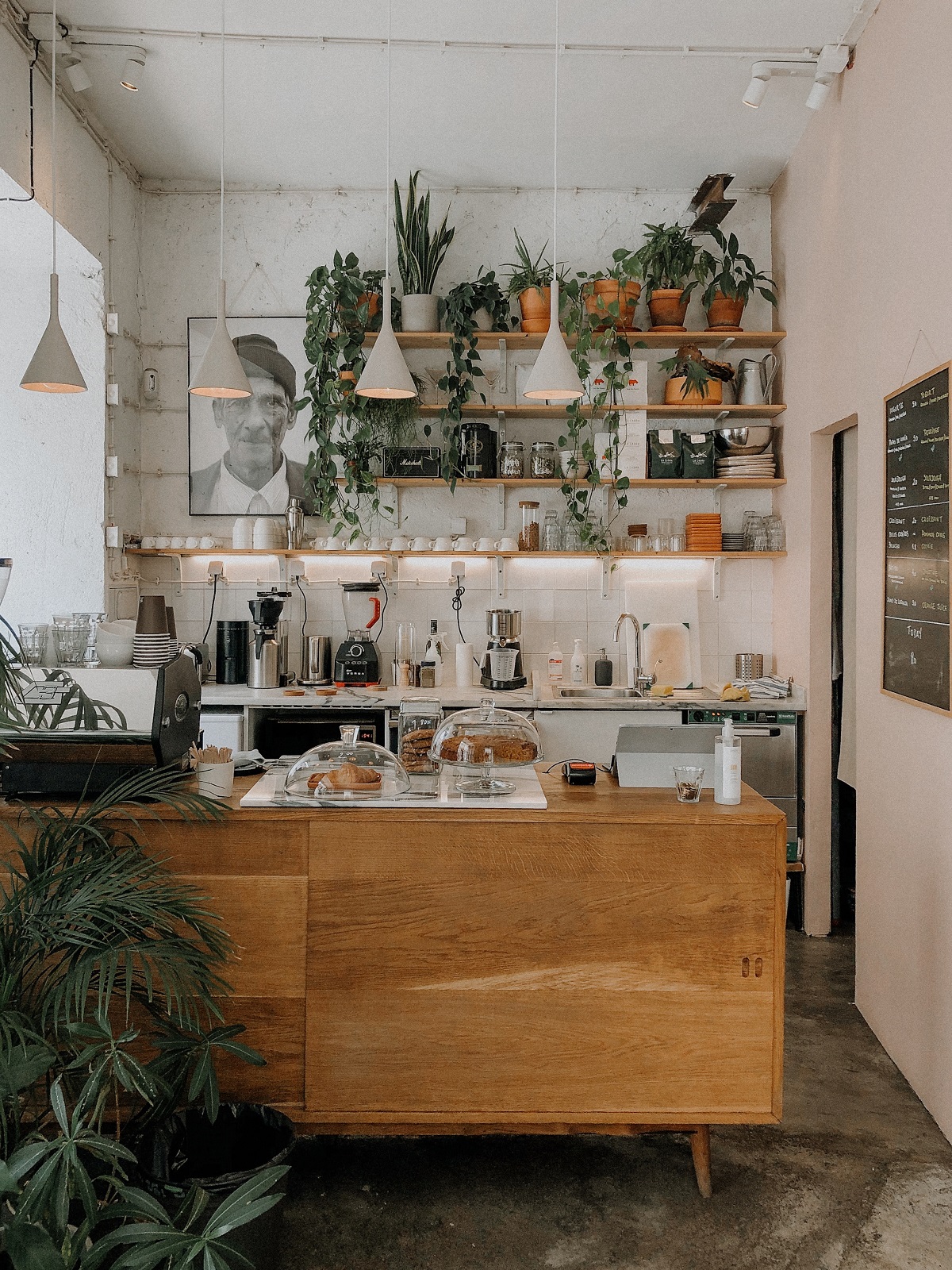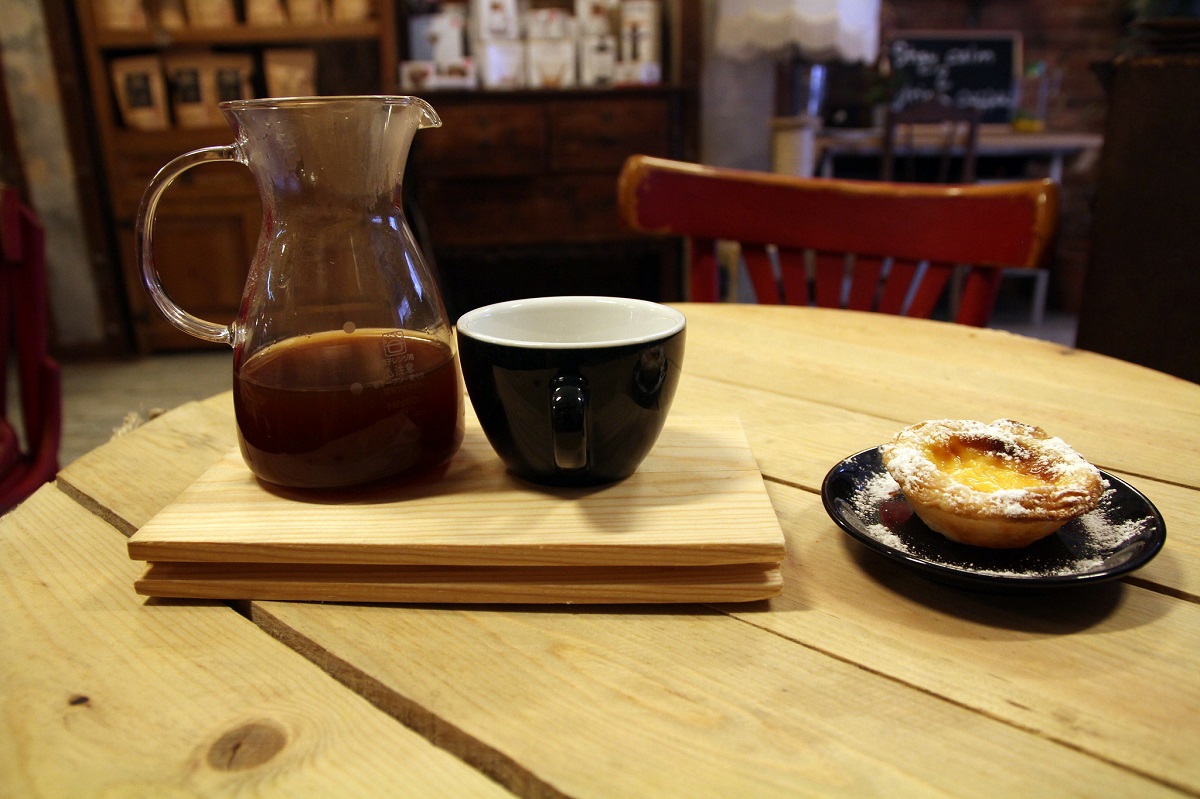Cafe culture is king in Portugal. Discover the best cafes in Lisbon – and how they intersect with political, cultural, and literary history.

Figuring out how to order coffee in Portugal and get it right can be tricky. The Portuguese prefer their caffeine fix in short, creamy, and slightly bitter doses of espressos. But the coffee scene has begun to change in recent years. This is thanks to the rise of new hipster-friendly businesses and a new wave of digital nomads who choose Lisbon as their base.
The new Nordic-inspired establishments won’t, however, shun out the typical corner cafes of the city. (You know, the ones whose employees haven’t quite gotten used to the request of “coffee to go.”) Lisboetas are on the run every morning, but there’s always time to stop for that first bica of the day at one of the many fantastic Lisbon cafes.

What's Included
Portugal’s Role in the Coffee Industry
It seems odd that in the 18th century Portugal was the world’s largest coffee producer. After all, the country’s climate isn’t appropriate for coffee plantations. But that was, of course, at a time when Brazil was a Portuguese colony.
By the time the Portuguese attempted the first plantations in Brazil, coffee was already a precious commodity in Europe. Being able to grow coffee at one of their colonies and export it would give them economic leverage. Which, to cut a long story short, it did.
Later, other green coffee producers (then, colonies) were added to the list: Angola, Timor, São Tomé e Príncipe.
Meeting for Coffee: A Cultural Tradition
Most of the time in Lisbon, meeting up for coffee has nothing to do with actually drinking coffee. In fact, many times people will order something else. But there is much more to Lisbon’s coffee culture.
From the first public cafes in Lisbon that opened in the 18th century to now, little has changed in the “meeting for coffee” culture. Cafes are still the preferred gathering spot to meet with old friends and new acquaintances—places where you can stay and talk for hours long after the espresso is done.
Unless a cafe also serves lunches, it’s unlikely that a waiter will come over to your table to let you know you’ve overstayed your welcome. At best, they’ll come to see if you want to order something else. And, considering the average espresso costs around €1, that’s not so bad.

Those first Lisbon cafes are part of the city’s cultural and literary history. There, artists and authors gathered to discuss anything from politics to culture, following the fashion that had started in Paris the century before. That safe, democratic environment that cafes promoted turned them, later, in the go-to place for anti-regime political movements during the Estado Novo (the 50-year conservative dictatorship that ended on April 25, 1974).
Before there were coworking spaces and high-speed Wi-Fi needs, Lisbon cafes were the place for students getting together to finish papers or study for exams. For those who preferred the background noise of clanking cups, steaming espresso machines, and random strangers’ conversations, that is.
New Coffee Trends in Lisbon
As coffee became more ubiquitous for sleepy city dwellers, the way Lisboetas consume coffee also changed. Those habits, like having brunch in Lisbon or running your digital business from a cafe table, are now as common here as they are in any other European capital.
At the forefront of the new coffee-drinking habits are the independent local businesses that ventured into the world of americanos, lattes, and pour-over coffee. Instagrammable backdrops, high-speed complimentary wifi, a reasonably quiet environment, and care and respect for the product they serve are some of the reasons for the success of these Lisbon cafes.
Our Favorite Cafes in Lisbon
A Brasileira
Love historic cafes? Then don’t miss A Brasileira! This was a favorite hangout spot for Modernist Portuguese author Fernando Pessoa and other writers of the Portuguese Modernism movement.
Copenhagen Coffee Lab
If you ever feel like dropping by Copenhagen without catching a flight, Copenhagen Coffee Lab is the place for you. This cafe imports coffee from Denmark, and boasts everything from roasted beans to delicous coffee recipes. They have outposts in several different neighborhoods.

Pastelaria Benard
Located in the Chiado neighbhorhood, Pastelaria Benard was initially a pastry shop and tea house. However, it soon followed the trend to become a coffee house. Some Lisboetas claim they have the best croissants in the city.
Hello, Kristof
Featuring a Scandinavian-inspired design, Hello, Kristof is a place to work, indulge in pure Arabica coffee, or simply browse one of the many independently published magazines on the back wall.

Café Nicola
One of the first cafes to open in Lisbon in the 18th century, Café Nicola is now an inevitable photo op in the Rossio square. Only the façade is the original one from three centuries ago. The interior design has remained intact since a renovation in the late 1930s that favored the Art Deco style.
Fábrica Coffee Roasters
One of the first “new trend” cafes to open in Lisbon, Fábrica Coffee Roasters is perfect for coffee connoisseurs (or aspiring ones).

Fábrica has a few coffee shops around Lisbon, and has even expanded to Porto and Cascais! Photo credit: Bex Walton
The Mill
Thanks to the great high-speed wifi and abundance of power outlets, The Mill is great for digital nomads and freelancers. Although their coffee roasting recipe is secret, they roast all their beans at an artisanal family-owned company a couple of blocks from the cafe.
This article was updated on September 15, 2023.
We could talk for hours about Portuguese cafe culture, but at the end of the day, it’s something you have to experience for yourself to fully understand. Lucky for you, that’s exactly what’s in store as part of our Tastes & Traditions of Lisbon Tour. You’ll start off your morning with breakfast at a traditional cafe that locals love, and see for yourself just how important the almighty cup of coffee is in Portuguese culture.